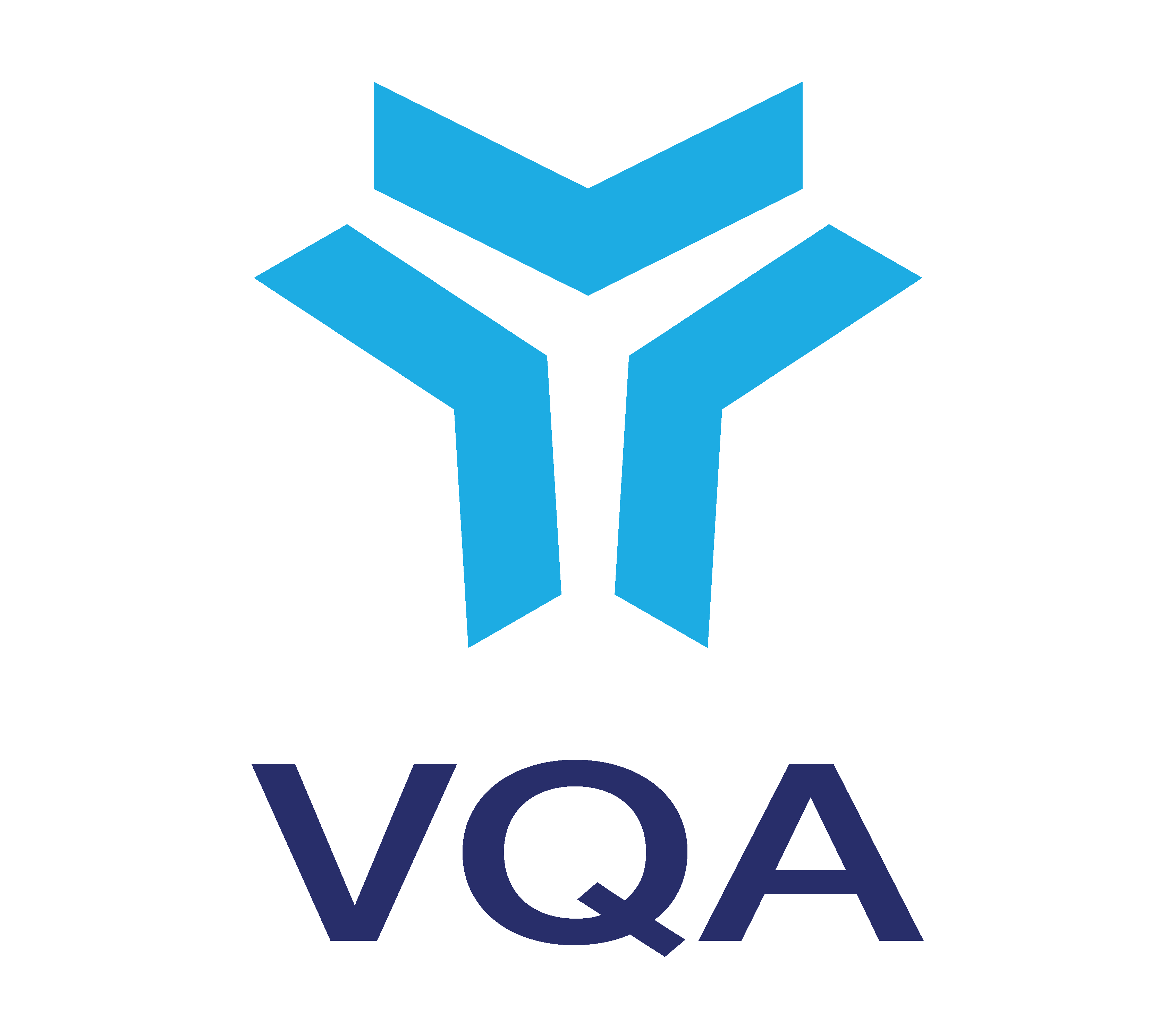EUROPEAN QUALIFICATIONS FRAMEWORK
European Qualifications Framework for life-long learning, is a policy tool developed for comparison and better understanding of qualifications. EQF opens the way for the usage of qualifications in another country by making qualifications more understandable by the employers, individuals and institutions and works as a tool of common comparison that connects the qualification systems of different countries.
EQF has two main principles:
1.Encouraging the mobility among nations
2.Supporting life-long learning
EQF is a meta framework formed to make comparison and cooperation possible and also is a regional framework aiming at associating the national qualification systems and frameworks of different countries by means of eight common European reference levels.
EQF, as a tool of developing life-long learning, involves the learning made in formal, non-formal and informal learning environments.
The eight levels, in which common minimal knowledge, skills and qualifications necessary for all levels are defined, form the basis of EQF. These levels are defined by expressions of learning outcomes including knowledge, skills and qualifications, named as level-descriptors.
In EQF reference levels:
Knowledge: It is a body of facts, principles, theories and practises regarding a working or learning area.
Knowledge, within the context of EQF, is described as hypothetic and/or factual.
Skill: It is the talent of using and applying knowledge in order to perform the tasks and solve problems.
Skill, within the context of EQF, is described as cognitive skills (including rational, intuitional and creative thinking) or application skills (including the usage of methods, materials, tools and equipment with manual skill).
Competence: It is proven, personal, social and/or methodological ability of using knowledge and skills in vocational and personal development and in working or learning areas.
Competence, within the context of EQF, is described as responsibility, and autonomy.





